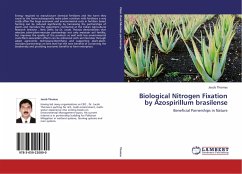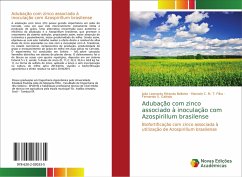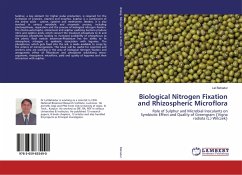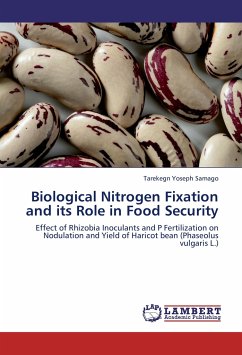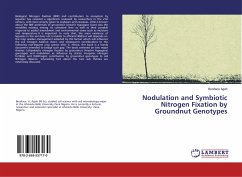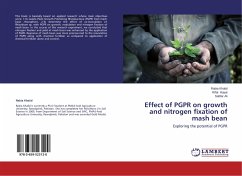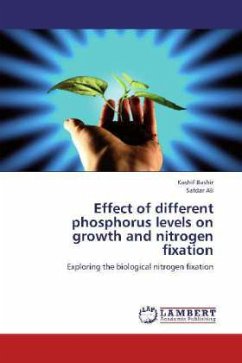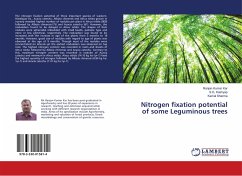Energy required to manufacture chemical fertilizers and the harm they cause to the farms subsequently make plant nutrition with fertilizers a very costly affair.The huge economic and environmental costs in fertilizer based farming can be reduced significantly by harnessing the partnerships of plants and microbes.The experiment conducted at the Indian Agricultural Research Institute , New Delhi, by Dr. Jacob Thomas demonstrates that selective plant-plant-microbe partnerships not only maintain soil fertility, but improves the quality of the products as well with less environmental costs.Plant association effects can be enhanced with soil microbes through adept agronomic techniques.Identifying and supporting plant-plant-microbes partnerships at farm level has the twin benefits of conserving the biodiversity and providing economic benefits to farm enterprises.
